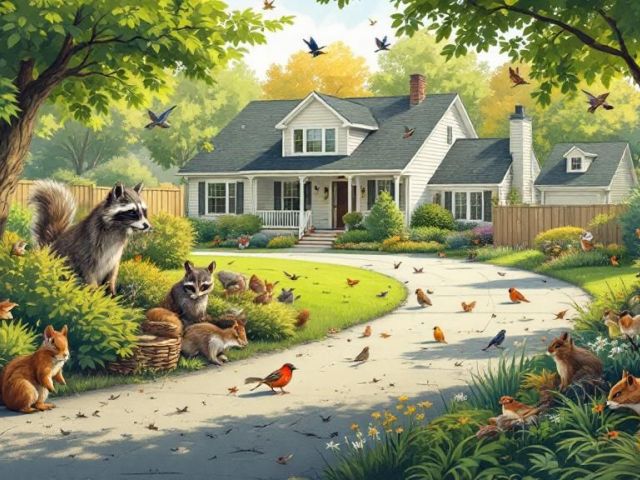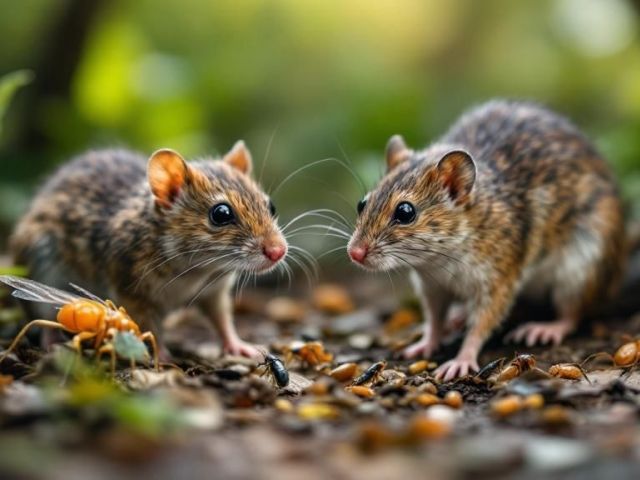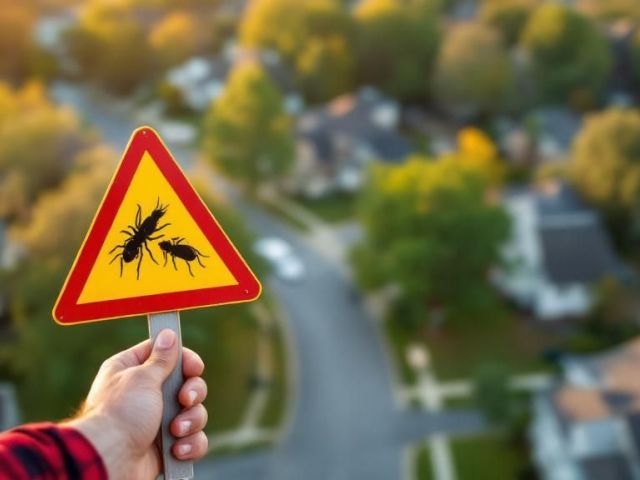Natural Predators of Rodents in Tennessee
Key Takeaways
- Natural predators play a crucial role in controlling rodent populations.
- Birds of prey, such as owls and hawks, are effective rodent hunters.
- Snakes and foxes are also significant natural predators of rodents.
- Encouraging these predators can reduce the need for rodent control services.
- Maintaining a balanced ecosystem helps in sustainable rodent control.
Why Understanding Natural Predators Matters
Rodents like rats and mice aren’t just a nuisance—they can carry disease, damage property, and multiply quickly if left unchecked. In Tennessee, natural predators play a vital role in keeping these populations under control. By understanding how these native animals interact with rodent populations, homeowners can take a more informed and balanced approach to pest control.
Natural predators reduce the need for harsh chemicals or constant trapping by addressing the problem at its source. They form an important part of the local ecosystem, creating a natural cycle that helps maintain balance in both rural and urban environments.
Recognizing the value of these predators isn’t just good for the environment—it’s good for your home. When supported properly, they can serve as your first line of defense in reducing rodent activity and preventing infestations before they start.
Birds of Prey: Nature’s Aerial Rodent Control
Tennessee is home to a variety of birds of prey that serve as powerful and effective rodent hunters. These raptors—such as barn owls, red-tailed hawks, and great horned owls—play a critical role in controlling populations of mice, rats, voles, and other small mammals.
Barn owls are especially valuable near farms and suburban areas, where just one family of owls can consume over 3,000 rodents in a single nesting season. Red-tailed hawks are often seen soaring above open fields, scanning for movement below, while great horned owls take over the night shift, using their silent flight and sharp vision to hunt after dark.
Encouraging these birds to stay nearby is easier than you might think. Installing owl boxes, keeping tall trees or perches available, and minimizing pesticide use can help create a raptor-friendly environment. These aerial predators are not only fascinating to watch—they’re also a natural, sustainable solution to unwanted rodent activity.

Snakes and Other Ground-Based Hunters
While they may not be everyone’s favorite backyard visitor, snakes and other ground-based predators are some of the most effective rodent controllers in Tennessee. Native species like rat snakes, king snakes, and black racers regularly prey on mice, rats, and even young squirrels—helping to keep rodent populations in check without the use of traps or chemicals.
Rat snakes, in particular, are non-venomous, harmless to humans, and highly skilled hunters. They often enter barns, sheds, and crawl spaces in search of rodents, making them a valuable ally in rural and suburban settings. King snakes not only eat rodents but also other snakes, including venomous ones, making them doubly beneficial.
Other ground-level predators such as foxes, coyotes, and weasels also contribute to natural rodent control, especially in wooded or semi-rural areas. These hunters patrol their territories regularly, limiting rodent overgrowth in the process.
By recognizing and respecting these predators, homeowners can better appreciate their role in the ecosystem—and possibly reduce the need for more invasive pest control methods.

Encouraging Predators Through Eco-Friendly Landscaping
If you want to naturally reduce rodent problems, one of the most effective strategies is to invite the right predators into your yard—and eco-friendly landscaping can help you do just that. By creating a habitat that supports native wildlife, you’re not only enhancing your property’s beauty but also strengthening nature’s built-in pest control system.
For birds of prey like owls and hawks, consider installing owl boxes, leaving tall trees or dead snags intact when safe, and minimizing artificial lighting at night to encourage nighttime hunting. Keep open areas or fence posts available for hawks to perch and scout for prey.
To support ground-based predators, use native plants and shrubs that provide cover and encourage a healthy food chain. Avoid chemical pesticides, which can harm beneficial animals and reduce the rodent predators’ natural food sources. Even composting and mulching practices can be adjusted to prevent rodent harborages while still supporting a vibrant ecosystem.
By designing your yard with wildlife in mind, you’re not just beautifying your space—you’re helping nature do what it does best: maintain balance.
Working with Nature to Keep Rodents in Check
At DOA Pest Services, we believe effective rodent control isn’t just about reacting to a problem—it’s about creating long-term solutions that work with nature, not against it. By understanding and supporting the natural predators already present in Tennessee, homeowners can take a proactive approach to keeping rodent populations under control.
Combining professional pest management with eco-conscious practices—like encouraging birds of prey, protecting non-venomous snakes, and landscaping for wildlife—creates a stronger, more sustainable defense against infestations. These natural predators work around the clock to reduce rodent activity before it becomes a full-blown issue.
Of course, there are times when nature needs a little backup. That’s where we come in. Whether you’re dealing with a current infestation or looking to prevent one, DOA Pest Services offers smart, targeted solutions that respect your home and the environment.
Ready to take a balanced approach to pest control?
Contact DOA Pest Services today for a customized rodent management plan that blends expert care with natural support.
Frequently Asked Questions
-
What are natural predators of common rodents?
Natural predators of common rodents include owls, hawks, snakes, and foxes, which help control rodent populations in the wild. -
How effective are natural predators in controlling rodent populations?
Natural predators can significantly reduce rodent populations. Their effectiveness, however, depends on the availability of these predators in the area. -
Can introducing predators help with managing rodent populations in urban areas?
Introducing predators in urban areas is not recommended because of potential ecological imbalances and safety concerns. -
Are there any risks associated with relying on natural predators for managing rodent populations?
Relying solely on natural predators can be unpredictable and may not provide immediate results, making professional professional pest management a more reliable option.









